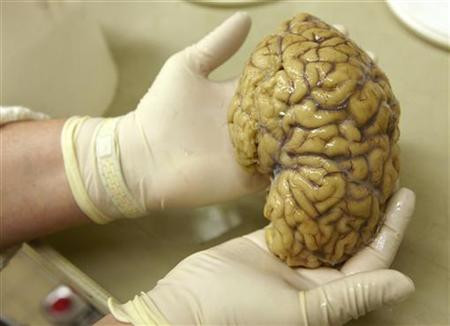Scientists Find a Way to ‘Prevent Formation of Long-Term Memory’ (EXCLUSIVE)

Neuroscientists at the Massachusetts Institute of technology (MIT) have found a way to "prevent the formation of long- term memory". They achieved this by deactivating Npas4, a memory gene.
When a person experiences a new event, his or her brain encodes it as a memory by altering the connections between the neurons, and the neurons turn on many genes. The scientists found a way to control this process by deactivating the Npas4.
The MIT scientists conducted experiments on mice to achieve this. They sent the mice to a chamber. When the mice entered the chamber for the first time, they received a slight electric shock. This frightened the mice, and the fear activated the Npas4. However, the scientists could prevent the formation of the long-term memory of this bad experience by deactivating the Npas4.
In an exclusive interview to the IBTimes, Yingxi Lin, a member of the Mc Govern Institute for Brain Research, who led the study, said that they had deactivated the gene by "deleting the gene from the genome".
"Our research showed that deletion of Npas4 prevents the formation of long-term memory. We don't have any data showing its role in memory erasure. Just want to clarify that," she said. (Her clarification came in the wake of some reports in the media which suggested that the MIT scientists had found a way to "erase memory".)
When asked about how the method could be used in humans and its possible application in treating mental diseases, Lin said: "This is basic research. In the long run, it will help us understand the mechanisms of learning and memory in humans, which can potentially help treating mental disorders."
© Copyright IBTimes 2025. All rights reserved.





















